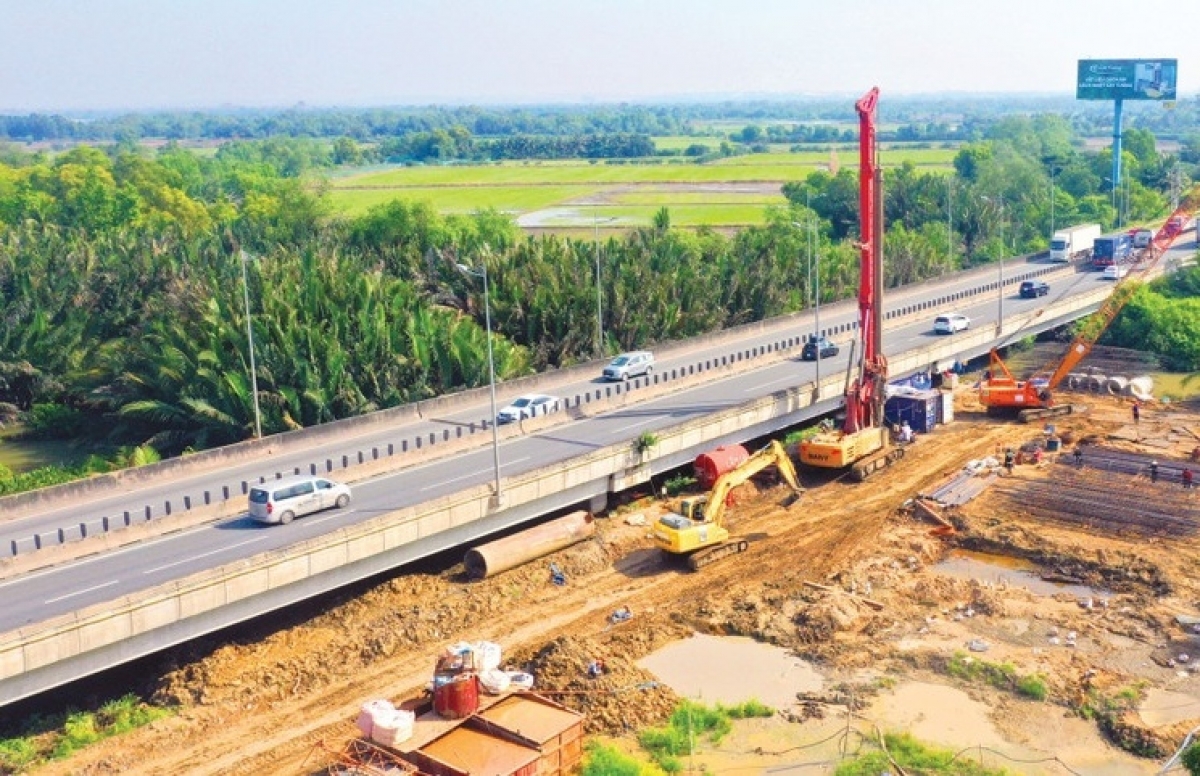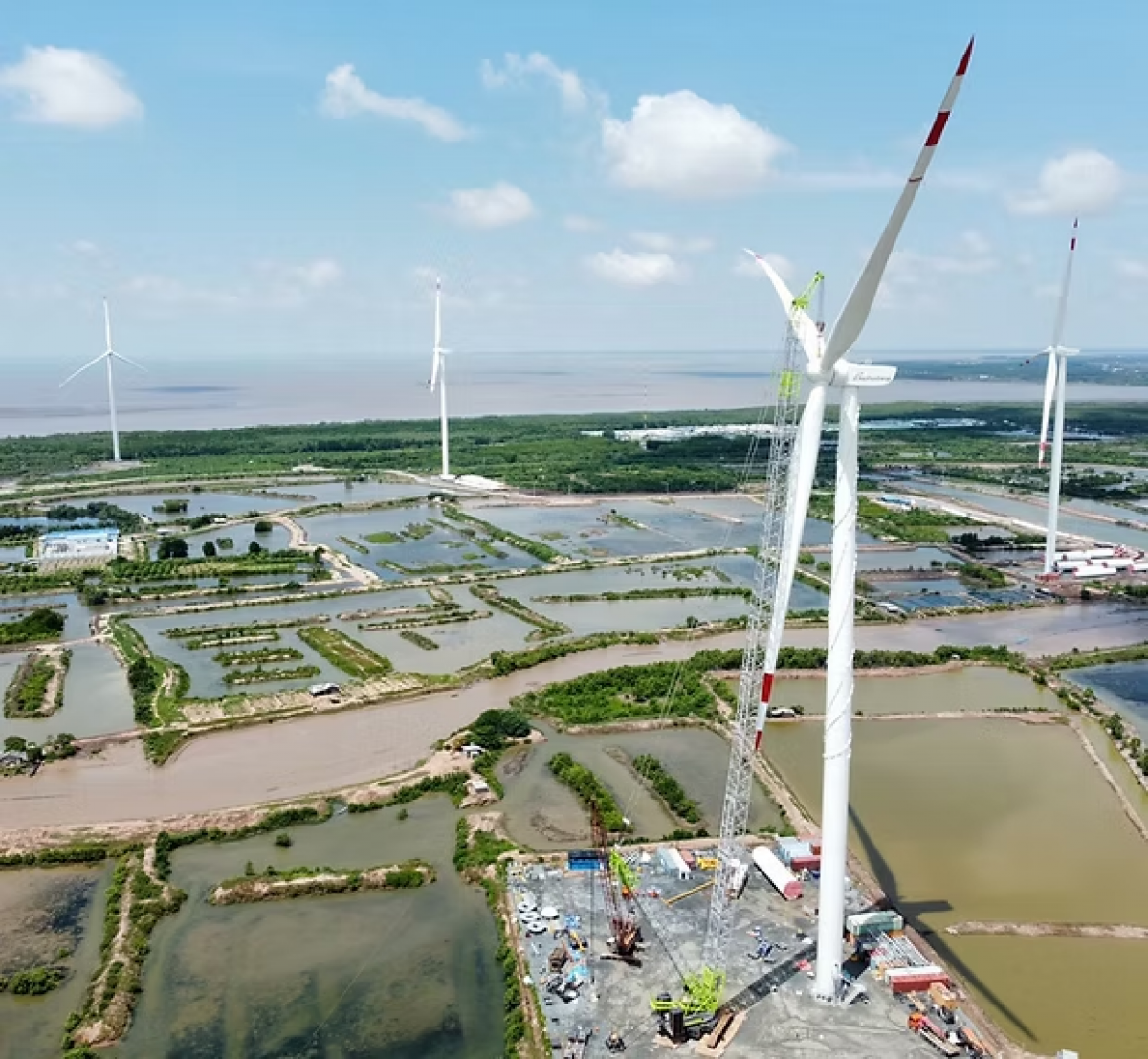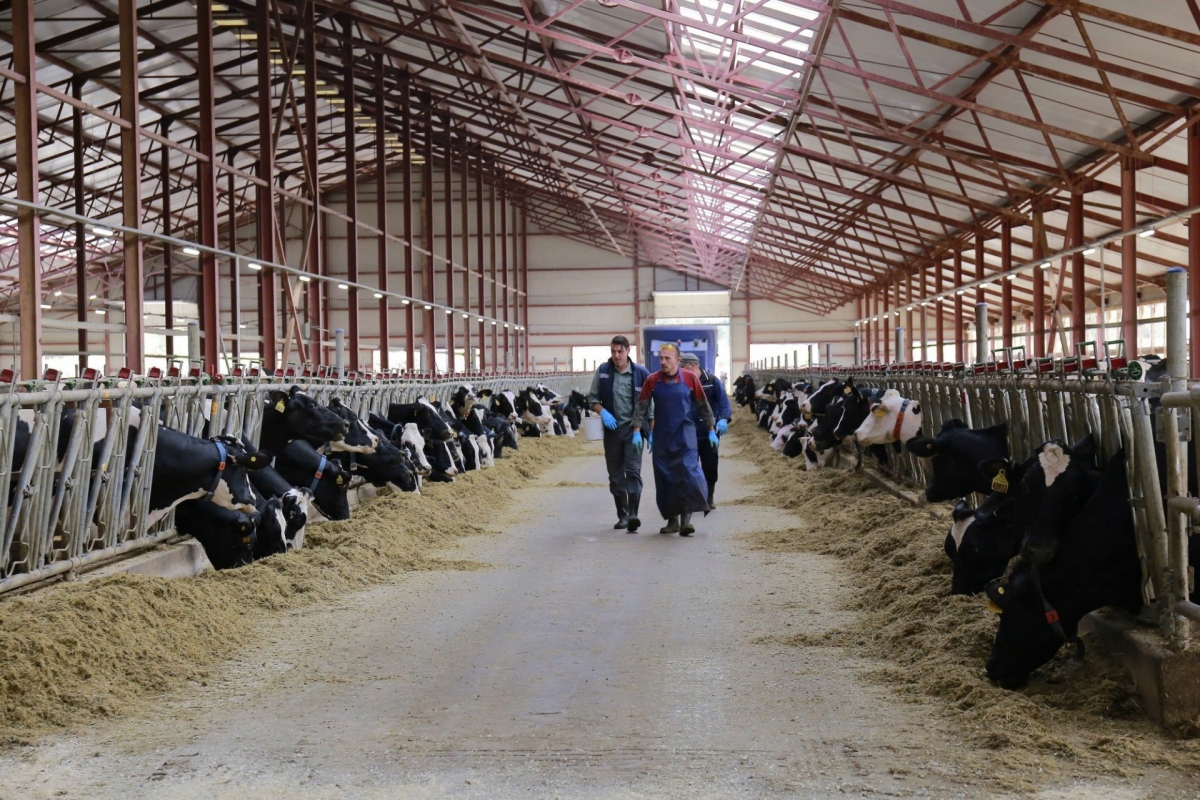INTERNATIONAL INVESTMENT
AND PORTAL
One of the strong attracting sectors for East Asian investors is the processing, manufacturing, and export industry. Not only limited to the industrial sector, East Asian countries are also making strong investments in the service sector, particularly in IT and tourism.
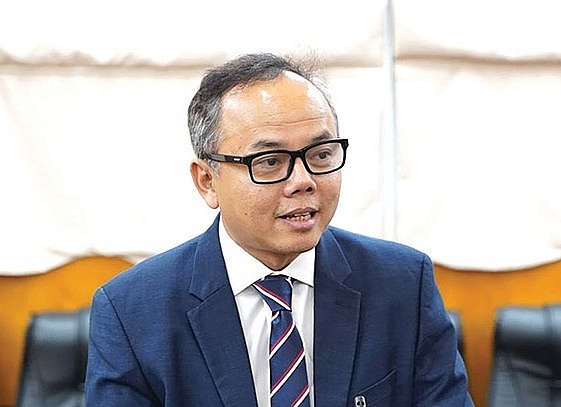 Le Net, lawyer, LNT & Partners
Le Net, lawyer, LNT & Partners
With 65.4 per cent of the total foreign direct investment in Vietnam in 2023, Japan, South Korea, China, and Taiwan are leading investors for Vietnam as they are attracted to the nation’s favourable business climate, skilled labour force, and improving infrastructure.
Besides the advantageous nature-based conditions, the attraction results from Vietnam’s participation in bilateral and regional trade agreements. With a strong international agreement basis, East Asia economies view Vietnam as a gateway to tap into the Southeast Asian market and leverage its economic growth for mutual benefit and long-term business expansion.
To boost the overseas funding flow into the country, the Vietnamese government has concretely concentrated on developing several sectors due to its international commitment and national aims, which sets a variety of investment incentives. For example, projects that develop and use renewable energy sources will receive tax and funding credit incentives.
On April 9, the Ministry of Industry and Trade (MoIT) submitted a proposal dossier on the development of rooftop solar power. With the emphasis on expediting activities for soliciting feedback and refining drafts, the MoIT aims to promptly submit them to the government by early May.
In addition, in April the digital transformation plan for the energy sector for next year was signed off, with a vision towards 2030. The objective of the plan is to ensure that the proportion of administrative procedure files related to the energy sector (electricity, petroleum, petroleum products, and coal) processed through the MoIT’s Public Service Portal reaches 90 per cent. The digitalisation rate of administrative procedure implementation files, and the digitalisation of results related to administrative procedures in the energy sector, are expected to reach 100 per cent.
This new approach has set a more simplified procedure within the local energy sector, contributing to the stable growth not only for local but also East Asian enterprises in Vietnam.
Aside from incentives granted by the government, investors from the East Asian region should be aware of certain challenges in Vietnam. Vietnam is now under the effects of international tax by committing to the global corporate minimum tax at a rate of 15 per cent for multinational corporations.
This movement can potentially discourage investments in low-tax jurisdictions like Vietnam, as the tax advantages would be diminished. Those subject to this tax will be required to pay corporate income tax in Vietnam.
While this tax is primarily aimed at large multinational corporations with significant revenues, there is a possibility that smaller foreign-invested enterprises, which are part of the supply chain of a large multinational conglomerate, could also be indirectly affected to some extent.
According to a review by the General Department of Taxation, it is estimated that around 120 multinational corporations investing in Vietnam (with over 1,000 related enterprises) will be affected. To respond promptly to such a scheme, Vietnam is in the process of drafting regulations to establish an investment support fund from the government towards enterprises with ventures in high-tech product manufacturing with high capital.
Furthermore, despite the dynamic market, Vietnam’s treatment towards foreign investors in the whole retains certain challenges. Firstly, the regulatory framework in the country can be complex and subject to frequent changes. Navigating through bureaucratic procedures, obtaining necessary permits, and ensuring compliance with regulations can be time-consuming and challenging for foreign investors.
Secondly, while Vietnam has been making significant progress in infrastructure development, there are still gaps and limitations in areas such as transportation, logistics, and energy. Insufficient infrastructure can impact the efficiency of operations and increase costs.
Lastly, while Vietnam has a young and rapidly growing workforce, there may still be a shortage of skilled labour in certain industries. It can be a challenge for East Asian investors to find and retain qualified employees with the necessary technical expertise.
Investing entails navigating through a landscape of highs and lows, where opportunities intertwine with challenges. To ensure successful business ventures, financiers must grasp the nuances of this fluctuating narrative. They need to anticipate and prepare for both the promising prospects and the formidable hurdles they may encounter along the way.
Amidst this dynamic backdrop, Vietnam maintains a steadfast commitment to expanding its market presence on a global scale. The country offers a stable policy environment, signalling its dedication to fostering an atmosphere conducive to international business engagement.
 Japan's CADDi invests in Vietnam's fast-growing manufacturing industry
Japan's CADDi invests in Vietnam's fast-growing manufacturing industry
CADDi, a leading manufacturing solutions provider from Japan, is banking on Vietnam's manufacturing industry with the recent launch of its CADDi Drawer, a flagship product innovation to accelerate the digital transformation process in Vietnam. Daisuke Takei, CEO of CADDi Vietnam, spoke with VIR's Thanh Van about Vietnam's manufacturing market and the company's expansion plan.
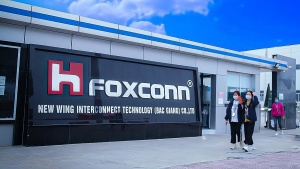 Apple suppliers in Vietnam climb to 35 in 2023
Apple suppliers in Vietnam climb to 35 in 2023
The number of Apple partners setting up factories or offices in Vietnam increased from 27 to 35 from 2022 to 2023, ranking first in the region and fourth in the world.


